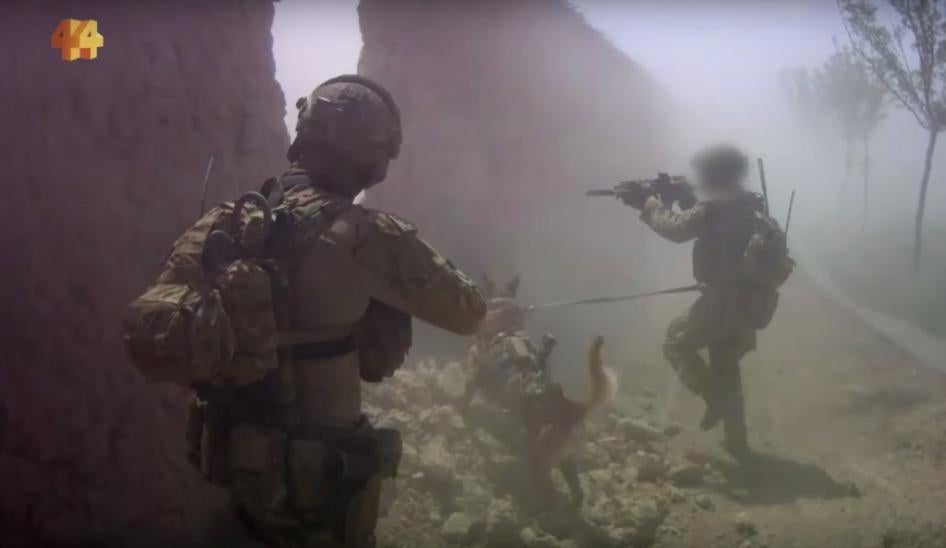How is it possible that a Fijian military officer, Colonel Penioni Naliva, accused of serious human rights abuses at home, was appointed to command an Australian army brigade? It happened because Australia doesn’t have a transparent, legislated system for vetting its military partnerships and training programs. That’s a problem.
In October 2018, questioning by Senator Penny Wong during Senate estimates hearings showed the Department of Defence was not undertaking any vetting procedures in relation to Myanmar military personnel who, at the time, participated in defence training provided by Australia. Then secretary of Defence Greg Moriarty said: “At the moment we do not have a vetting procedure.”
Following credible allegations of atrocities by the Myanmar junta after the February 2021 military coup, the Australian government suspended all foreign assistance to Myanmar security forces.
The allegations of torture by a Fijian senior official are clearly different from the Myanmar context – there is a positive relationship between the Fijian and Australian governments, and the defence relationship is important to both countries. But the allegations against Colonel Naliva are serious.
The Australian military should not be authorised to support, train, or appoint to its ranks anyone credibly accused of committing grave human rights violations anywhere.
The US has long had laws to prevent these outcomes. Legislation known as the “Leahy law” prohibits the US government from providing assistance and training to any foreign military unit or individual security force member where there is credible information implicating them in gross violations of human rights, unless the foreign government has taken steps to remediate, address the abuses and hold those responsible to account.
Australia needs the same legal requirements for vetting.
For Naliva’s appointment as deputy commander of the Australian Army’s 7th Brigade, the Australian Department of Defence reportedly relied solely on the Fiji government’s assurances that the colonel had passed all “national clearances”. But there is no indication that the Australian government did any checks itself. Why not?
Training by Australian defence forces bestows legitimacy and professionalism on those who receive it. The Australian government should be extremely careful not to legitimise anyone or any forces for whom there is credible information of serious human rights violations. If Australia deploys with, trains, equips or embeds foreign soldiers or police who have committed grave violations, it undermines the Australian Defence Force’s reputation. It erodes Australia’s credibility and risks implicating Australian soldiers indirectly – or possibly directly – in grave crimes or violations.
Soldiers and officers who commit or order grave violations such as torture don’t need Australian training to know these acts are wrong and could amount to war crimes. But some may commit these offences if they believe they can get away with it. They should know they shouldn’t – and can’t.
As the Australian government has demonstrated with respect to war crimes allegedly committed by its own forces in Afghanistan, accountability is crucial.
The Australian government put considerable resources into investigating the allegations of war crimes by its soldiers in Afghanistan, first through the inspector-general of the Australian Defence Force’s Afghanistan Inquiry Report and subsequently through the Office of the Special Investigator. Prosecutions will undoubtedly require substantial further investment from the government. The focus on investigations and prosecutions shows such egregious violations will not be tolerated, and justice and accountability will be pursued.
Australia has made a commitment not to tolerate war crimes and human rights violations by its own soldiers. The government should not partner or deploy with soldiers and police from other countries who are accused of or commit them either. This is contrary to Australia’s international obligations and values, and it puts Australian soldiers at risk. The Australian Army will be tainted by having a unit that was under the command of an alleged human rights abuser.
Whether for training exercises, joint missions, embedding senior commanders or supplying equipment, any individual or unit whom the Australian military deploys with should respect human rights.
Since the Australian military does not seem to have done this of its own volition, the parliament should pass vetting legislation that makes this clear and would bar anyone with a record of abuse from working with Australian forces.









